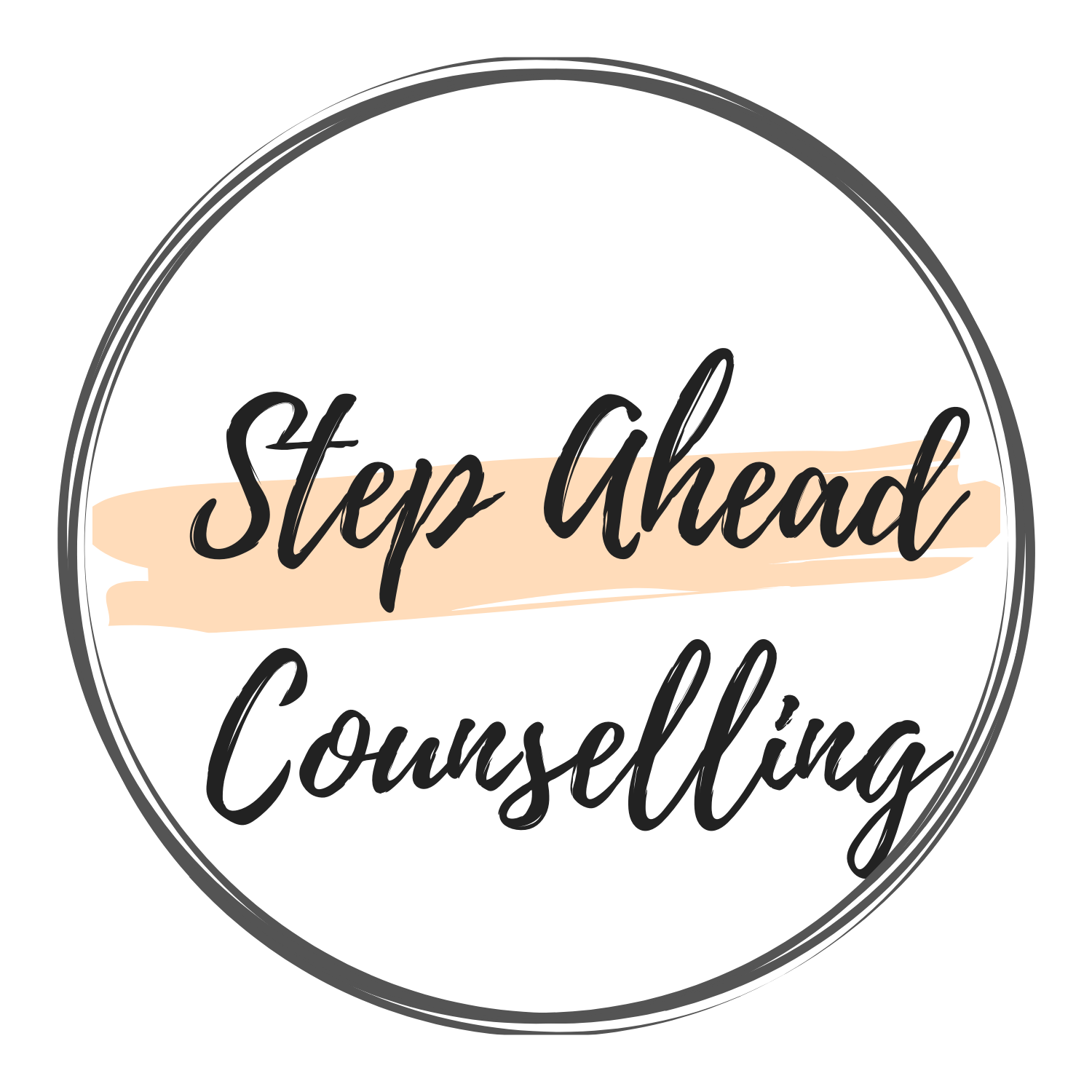Emotional self-regulation, what it is and how you can develop and practice it.
Mindfulness and checking in with your body is a great way to self-regulate your nervous system.
Self-regulation is the ability to manage our own emotional responses and behaviour—this includes the ability to focus and to control our impulses.
We can self-regulate through learning about our own feelings and emotions, recognising them and developing effective ways and strategies to manage them.
Think of self-regulation as taking the steps needed to keep ourselves in balance.
Development of self-regulation
The ability to self-regulate as an adult has roots in our development during childhood. The capacity to regulate our emotional response is a skill that we are not born with, it needs to be learned. It occurs as part of the ongoing development of a child.
Infants have limited capacity to regulate emotions and are easily overwhelmed. We need our parents to co-regulate us, so we can learn how to effectively self-regulate.
Self-regulation development problems occur from an early age. Examples could be when an infant is neglected, or a child does not feel safe and secure, or when a child’s caregiver is not consistent, and the child is unsure whether their needs will be met;. in these instances the child may have trouble learning how to self-soothe and self-regulate.
Ideally, a child who throws a tantrum for not getting their way, grows into an adult who learns how to tolerate uncomfortable feelings without throwing a fit and therefore is able to control their impulses even when having an uncomfortable feeling.
Why is self-regulation so important?
Self-regulation involves taking a pause between a feeling and an action. It involves taking time to reflect, be thoughtful of the situation, think things through, plan and be patient. This is very similar to being mindful and mindfulness does indeed correlate with the ability to self-regulate.
Someone who has good emotional self-regulation can manage their emotions and keep them in control. They can resist impulsive behaviours that could heighten a situation (e.g. rage whilst driving), and cheer themselves up when they are feeling down (e.g. journaling). They have a flexible range of emotional and behavioural responses that are well matched to the demands of their environment.
A lack of self-regulation can cause problems in life. A child who is aggressive and hits other children out of frustration will be unpopular and will frequently end up in the principal’s office. An adult with poor self-regulation skills may lack self-confidence and self-esteem and have trouble handling pressure. This may manifest in terms of anger or self-sabotage and can lead to wider problems in the workplace.
Self-regulation helps put you in control of how you respond to a stimulus. For example, imagine if you had a very long day at the office and you are exhausted, but when you arrive home your partner is on the couch, feet on the table and had not cleaned up or organised dinner, despite it being their turn. Your first reaction might be to lash out, causing potential damage to your relationship. However, if you paused and used appropriate self-regulation techniques, you would likely be able to handle the situation in a more calm and controlled manner.
How can I learn and practice self-regulation as an adult?
Self-regulation is a skill that can allow us to act in accordance with our values or conscience. We don’t always have control over external situations, and we don’t always have control over what happens to us as individuals.
Here are three ways that can help you develop or improve your self-regulation skills:
Mindfulness: mindfulness promotes living in the moment without making judgment on your thoughts or feelings. Mindfulness is more about tuning in and observing what is happening around you. By engaging in skills such as being still, focusing on our breathing and practising gratitude, mindfulness enables us to put some space between ourselves and our reactions, leading to better focus and feelings of calmness and relaxation.
Monitor your body: It is important to check in with your body to get clues about how you are feeling, as it may not immediately be obvious to you. For example, a rapidly increasing heartbeat may be a sign that you are entering a state of rage or a panic attack. A tightness in your chest may be a signal that you are not comfortable with a situation you are about to engage in. It helps to remember that ‘feelings are not fact.’
Find a Counsellor: A counsellor can help teach you how to self-regulate yourself, and how to implement specific strategies and new skills for your situation. Counselling can also be a great place to practice those skills for use in your everyday life.
Self-regulation can play a vital role in relationships, well-being, and overall success in life. People who can manage their emotions and control their behaviour are more equipped to manage stress, deal with conflict, and achieve their goals.
If you need any support in learning how to develop and practice your self-regulation skills, please visit me at: Step Ahead Counselling.

